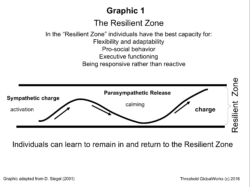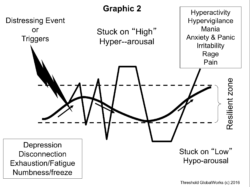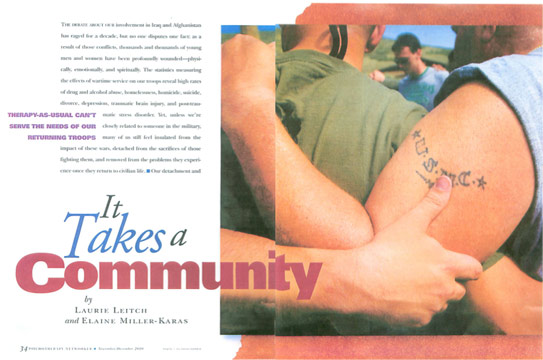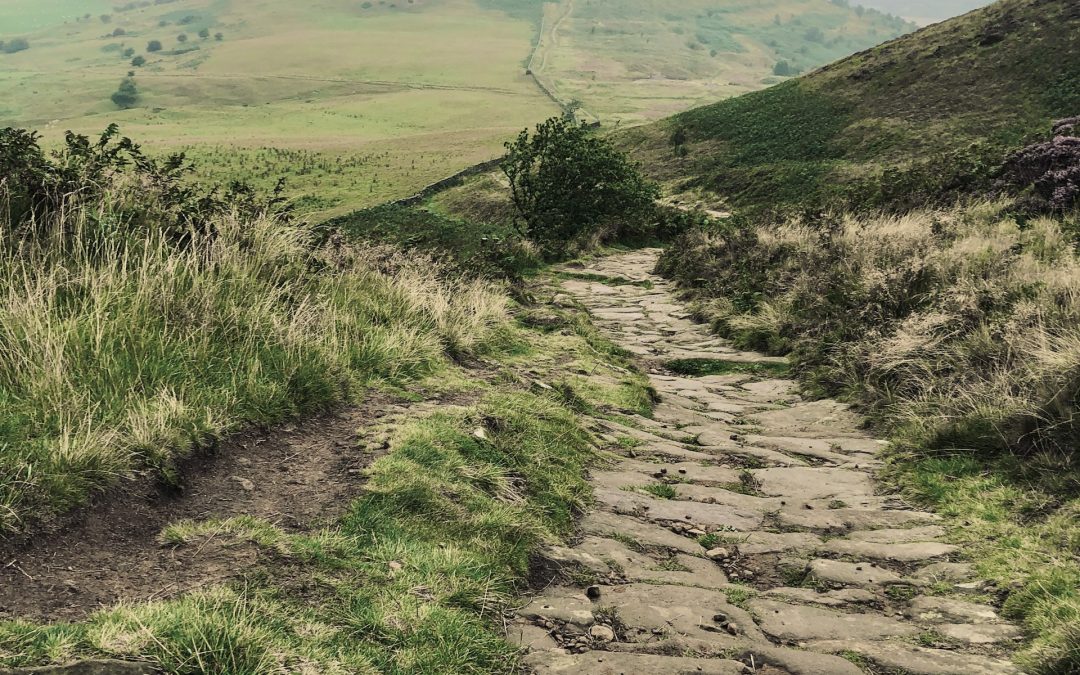At Threshold GlobalWorks we are excited about the work that lies ahead in 2017 and are dedicated to making a difference in the United States and globally. In today’s highly networked and demanding, often under-resourced environments, increasing rates of burn-out, secondary traumatization, demoralization, and staff attrition, as well as depletion of physical well-being, often characterize our organizational clients. Our work with these stress-related challenges includes, for example, a focus on first-responders, corrections staff, school staff and students, healthcare staff and patients, and incarcerated people in the US and Africa.
The challenges described above can be especially true in first responder organizations, which are characterized by a strong ethic of service and responsibilities that include dealing directly with conflict and violence. Their work has increasingly become politically complex and embedded in high-pressure environments. These circumstances place extraordinary demands on individuals at all levels within the first responder system, resulting in suboptimal if not impaired function that exacts a high toll on physical, mental, and spiritual health, including life expectancies that can be as much as twenty years below the national average.
Skill Power vs Will Power:
The Social Resilience Model curriculum provides neuroscience-based skills called RZone Skills as one component of the model.
 RZone Skills are so named because they teach individuals and groups how to anticipate when they could be bumped out of the Zone of Resilience, (the zone in which optimal functioning takes place: see graphic 1) and use skills to maintain stability and get back into the zone.
RZone Skills are so named because they teach individuals and groups how to anticipate when they could be bumped out of the Zone of Resilience, (the zone in which optimal functioning takes place: see graphic 1) and use skills to maintain stability and get back into the zone.
The skills are also used for self-care when an event has bumped individuals out of the Resilient Zone into hyper or hypo arousal (see graphic 2). Being out of the zone erodes cognitive processing and amplifies reactivity.
RZone skills build sensory self-awareness and the capacity to respond rather than react. The skills have the added benefit of being used peer-to-peer and with clients/consumers/the public.
Decreases in career-risking behaviors, a more disciplined capacity for restraint, increased awareness of strategic management of such vital mechanisms of control as vocal tone, posture and gesture, and empathy can be the gains for first responders when the RZone Skills are practiced. Through skills practice and neuroplasticity the first responder prepares the brain/body system (we call this “priming”) to be in an adaptive state.
Organizational Plasticity: Strengthening the “Immune Systems” of Organizations and Communities
RZone Skills are one component of the Social Resilience Model. They support individuals in deepening their resilience and capacity for responding creatively to life’s stressors. But individuals need to have healthy, supportive systems in which to work and live. So at TGW, our SRM curriculum also focuses on the way that individuals organize the systems in which they live and work. Neuroscience has a lot to offer about the ingredients needed to support organizations and communities that can thrive in the face of complexity; we call that “organizational plasticity.” We have adapted the term “neuroplasticity,” which means the individual brain’s capacity to change itself, to a systems lens. Organizational plasticity is the organization’s (community, system) capacity to be adaptable and flexible in the face of complex needs.
And, always, our orientation is to support the organization or community itself to be the driving force behind the strategies for change and development of solutions. Our Train the Trainer programs and consultation on policies, programs, and processes are specifically tailored to the unique strengths, challenges, and historical context of each organization. We use a participatory design process that engages users at all levels of the system in both the design and implementation of a resilience-building approach. This is what truly builds resilient people and enterprises.
In 2017 we are proud to be continuing our collaboration with John Jay College of Criminal Justice’s Prisoner Reentry Institute and creative social impact organizations such as the School of Visual Arts and its Design for Social Innovation Program. We are currently developing an ehealth training platform that will extend our ability to support vulnerable groups in remote, high risk, and under-resourced areas of the world.
Watch for two articles that are currently in the peer review process, one on our research in Rwanda with genocide perpetrators and the other an article about the unintended consequences of the Adverse Childhood Experiences study and Trauma Informed Care.

